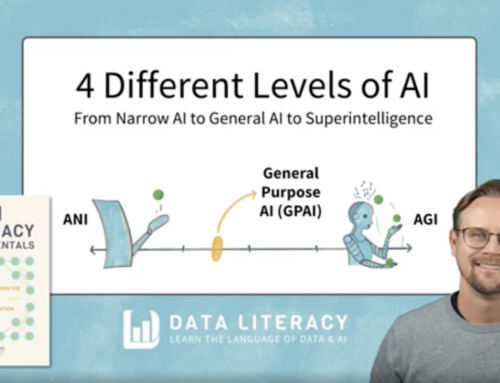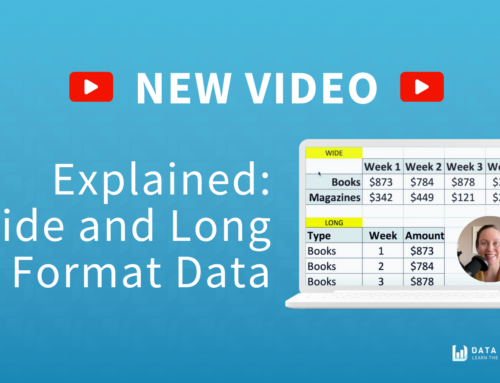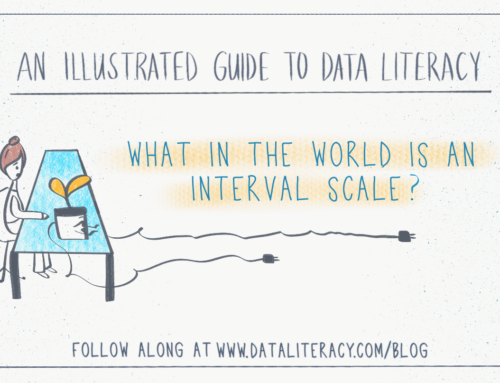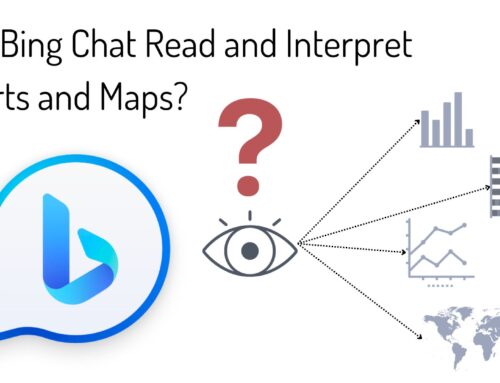Working with Data Professionals (when you aren’t one!)
Part 4: Up Leveling Your Partnership with Data Professionals

The author of this four part blog series is Anna-Maria Steverson, Content Analytics Manager at Netflix. The series is titled “Working with Data Professionals (when you aren’t one!)”
Anna also teaches our Data Literacy series, and will be leading the live Data Literacy Level 1 course being offered to the public starting on February 28th, 2022. The thoughts she shares in this series come from her own experience working in data roles at Fortune 500 companies.
In this fourth and final blog of the series, I’ll offer some tips on how to engage with your data professionals to get the most out of your partnership. While taking up these practices doesn’t guarantee an impactful data practice, it will increase the likelihood of one.
For more on how to work with data professionals when you aren’t one, check out the other posts in the series. In the first post I cover what data professionals do, followed by a post on how to hire data professionals and another on how to manage a team of data professionals.
Make sure they have context

Data professionals can produce technically advanced, visually beautiful data solutions that do not actually help solve an organizational problem, answer any questions, or inspire any action. This happens when more attention is paid to the technical or design specifications than making sure the data professional fully understands what problem the data solution will help solve or what question it will answer. This leads to wasted work and a frustrating experience for both you and the data professional.
To avoid this situation, involve the data professional as early as possible in the process. Make sure they understand the various factors that have led to the need for a data solution. What is the situation? What is the problem that you are trying to solve? Are there particular questions you’re looking to answer? What will happen after you have the information? Will a decision be made? An action taken? Who will make the decision or take the action?
All of this context, and any other you can provide, will help the data professional understand things such as how much precision is needed in the solution, what formats should be used, how long the solution needs to live, what visualizations may be most appropriate, and more. From this understanding, they can formulate the technical specs for the work.
Utilize their expertise

Data professionals are hired, ideally, because they are experts in their field. Yet, quite often, this expertise goes to waste. Sometimes this occurs because there isn’t awareness of what it is the professional is capable of delivering. Other times it happens because it has already been decided what solution is needed, and the data professional is only engaged to implement the technical details of it.
Both of these situations can be mitigated by first making sure the data professional has context, as described above, and then with curiosity and communication on both your part and the data professionals. Ask what the options are to solve the particular challenge and the tradeoffs between those options. Be open minded about what is possible and have confidence that the data professional can deliver an effective solution. Focus on the outcome that is needed rather than how to get to the outcome.
The further along in your data literacy journey you are, the more comfortable this is likely to be for you. However, it isn’t a particularly unique situation. Lawyers are hired for their legal expertise and you wouldn’t usually suggest particular statutes they should consider or which motions they should file!
Close the loop

Like you, data professionals are motivated by the knowledge that the work they are doing is having a positive impact on the organization. It can be easy to forget to circle back and let them know how their work is being used but in doing so, you risk your data professionals feeling like they aren’t making a difference in the business. In extreme cases, this will likely lead to attrition but even if it doesn’t, motivation will almost certainly take a hit.
Make a habit of reaching out to your data partners on a regular basis and updating them on how their work is being used in the business. Is it valuable? Are decisions being made? Is there anything they could do to make things more useful? Any other feedback? Share credit when there’s a win, make them feel part of the team.
You may be surprised at what an impact such a simple practice can make on the effectiveness and engagement of your data partners.
In closing…
I truly hope this series has been helpful. Implementing just one idea or tactic can be a great way to start if you are feeling intimidated! If you try something out and want to share results or if you have other tips that have worked for you, please reach out! Would love to hear from you.
In case you missed the previous posts in this four part series “Working with Data Professionals (when you aren’t one!)” you can read them here:
- Post 1: What Do Data Professionals Do?
- Post 2: How to Hire a Data Professional
- Post 3: Managing a Team of Data Professionals





